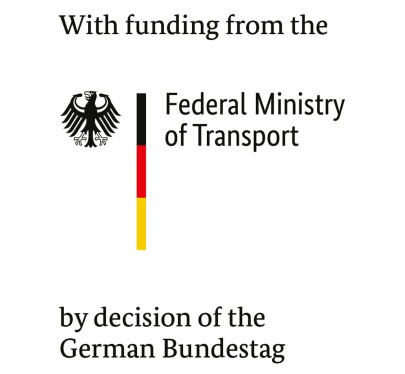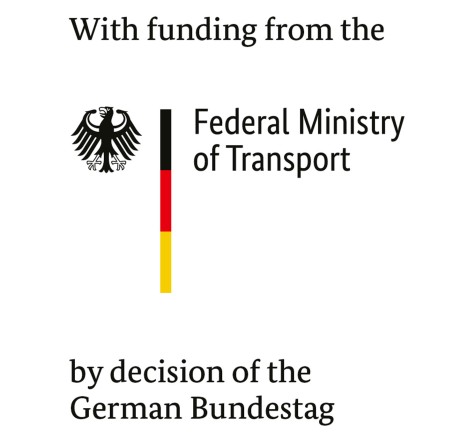The combination of transport modes in combined road/rail freight transport creates the need for loading from a truck onto a rail car, which requires additional resources. Optimal handling of these transshipments is therefore of great importance. The optimal assignment of the loading unit and wagon plays an important role in this. Errors in loading not only impair efficiency in the operational process but, in extreme cases, can also endanger the safety of personnel and other participants.
The aim of this collaborative research is to ensure that any transport request of a loading unit receives a proposal for optimal placement on a deployed wagon set within the shortest possible time and even at a point in time before all information is available about which other loading units for the same origin/destination will still arrive at the dispatch terminal until departure. AI-supported loading optimization is expected to further advance the capacity control of intermodal operators with their extensive networks.
In addition to the static-technical characteristics of the semi-trailers, containers, and swap bodies in their various designs and rail cars, variable parameters, such as the actual weight and type of load, as well as the schedule, also play a significant role. For the concrete implementation of the described project, three main system modules are planned:
- Loading optimization of individual wagons
- Loading optimization of all wagons in a train set
- Optimization of network utilization through combination with routing decisions
Key Data:
Short Title: KIBA
Project duration: October 2022 to September 2025
Project partner: Kombiverkehr Deutsche Gesellschaft für kombinierten Güterverkehr mbH & Co. KG, Technical University Darmstadt, Goethe University Frankfurt, Deutsche Umschlaggesellschaft Schiene-Straße (DUSS) GmbH, VTG Rail Europe GmbH, INFORM GmbH, KombiConsult GmbH
Funding: This project (no. 45KI16C031) was funded by the Federal Ministry for Transport based on a resolution of the German Bundestag.
Project lead: Paul BossongandYuerui Tang





